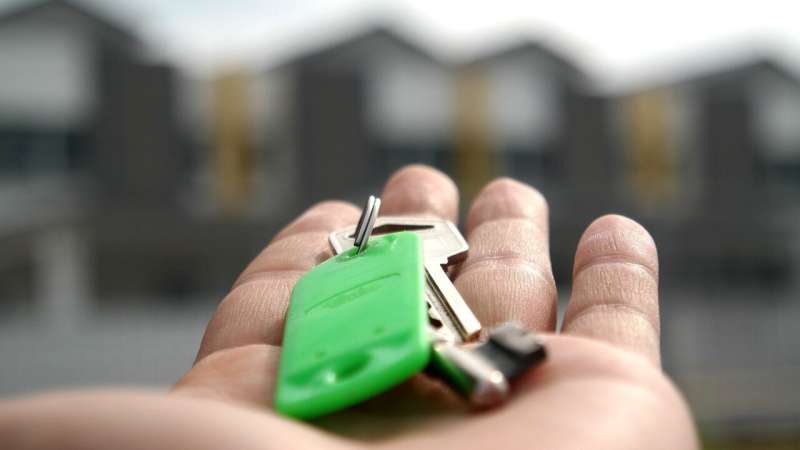Research shows the first offer in a negotiation can have a significant impact on the eventual outcome

In a negotiation, how tough should your first offer be? New research shows the first offer can have a significant impact on the eventual outcome, and if you try to drive too hard a bargain, it could backfire.
Whether you're buying a house, a car or second-hand furniture, it's likely you will need to negotiate the price, so being able to negotiate effectively could save you significant cash.
Behavioral economist Professor Lionel Page from the University of Technology Sydney (UTS) said opening offers in real-world negotiations are sometimes intended to signal the "toughness" of the buyer—but whether this strategy actually works was not known.
"This experiment allowed us to study whether and how the level of the opening offer influences the beliefs of buyers and sellers, their actions and the final bargaining outcome," said Professor Page.
The researchers conducted the experiment using a bargaining game where players exchanged offers for a split of $10. The aim was to mimic the start of a typical negotiation process.
They found that the success or failure of a negotiation depended not only on the final offer on the table but also on the emerging dynamics of the bargaining process.
"The intermediary offers made during a negotiation can be interpreted as suggesting either kind and compromising intentions, or unkind and uncompromising ones," said Professor Page.
"And the perception of these intentions can, in turn, influence the final outcome. Low offers are perceived as disrespectful, so players react negatively and can be spiteful in their counter-offers.
"In a substantial number of cases, the responder chose a ''punishing'' counter-offer that was lower than what he believed was the buyer's minimum acceptable amount," he said.
This means it is not the best strategy to always be as tough as possible in a negotiation.
Previously there has been two conflicting views on first offers in negotiations, said Professor Page.
One view is that a low opening offer works as an "anchor" that moves the final offer in the direction of the first offer.
The second is that a more reasonable initial offer achieves a better outcome because it doesn't sour the atmosphere and endanger the agreement.
Professor Page said their study showed support for both these ideas.
"We found that there is a small window where an offer is lower than an equal split, but not so low that it triggers negative emotions. It was viewed as 'fair game' to start the negotiation at this point."
So in summary to strike a good bargain your opening offer needs to be not too hard, or you risk a spiteful counter-offer, but not too soft either, or you might be taken for a ride.
The study, "Driving a hard bargain is a balancing act: how social preferences constrain the negotiation process," by Dr. Yola Engler and Professor Lionel Page was recently published in the journal Theory and Decision.
More information: Yola Engler et al, Driving a hard bargain is a balancing act: how social preferences constrain the negotiation process, Theory and Decision (2021). DOI: 10.1007/s11238-021-09835-y
Provided by University of Technology, Sydney


















